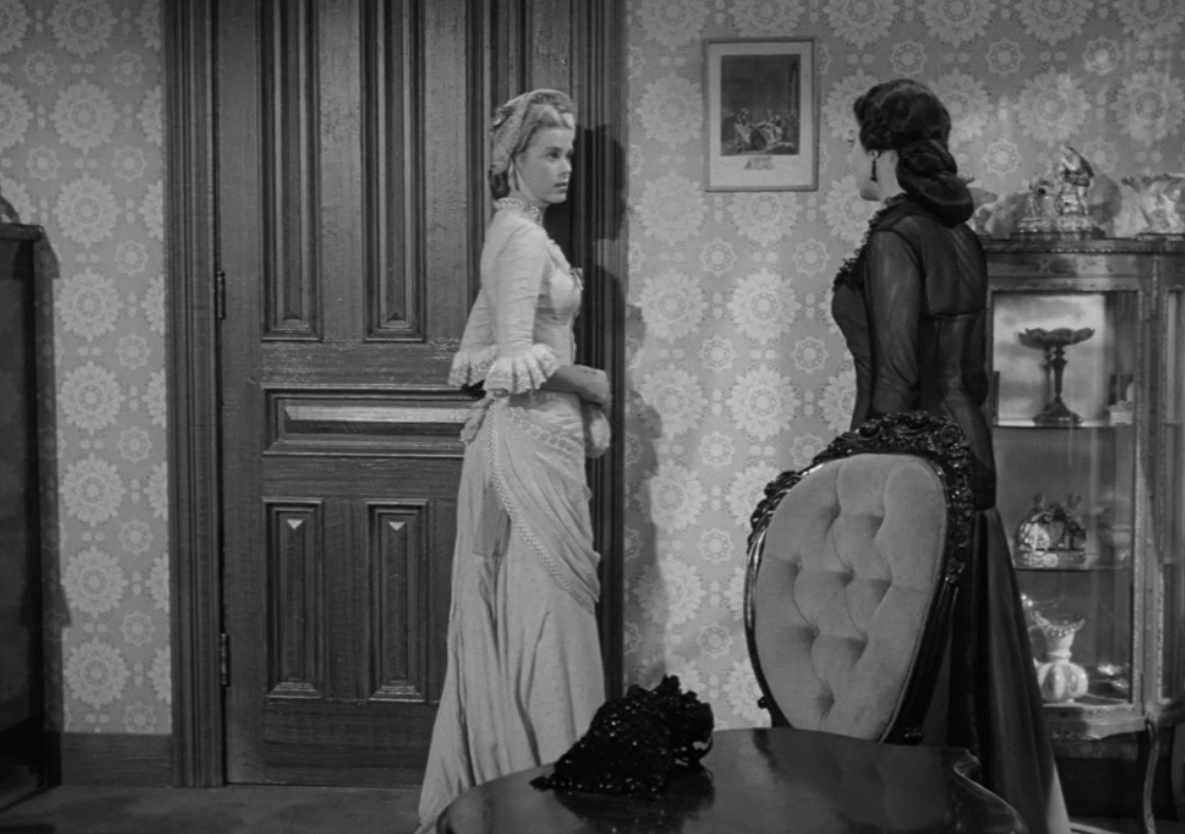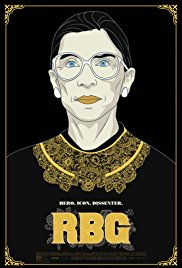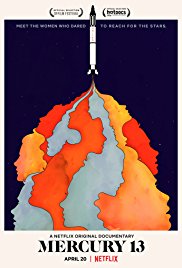Doc Corner: Are 'Wild Wild Country' and 'Evil Genius' on Netflix Peak TV?
 Tuesday, May 29, 2018 at 2:55PM
Tuesday, May 29, 2018 at 2:55PM by Glenn Dunks
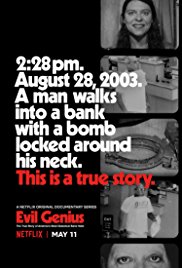 Peak television! One could argue that unlike film, television only grows and grows in stature as the more resources and money are thrown its way. Whether you’re part of the small screen migration or still prefer things big and silver, it is hard to deny the impact that has occurred and the major cultural and structural shift that has forced its creators to tap into new and exciting takes on the form and storytelling more generally. I don't think anybody would find that a controversial stance at all.
Peak television! One could argue that unlike film, television only grows and grows in stature as the more resources and money are thrown its way. Whether you’re part of the small screen migration or still prefer things big and silver, it is hard to deny the impact that has occurred and the major cultural and structural shift that has forced its creators to tap into new and exciting takes on the form and storytelling more generally. I don't think anybody would find that a controversial stance at all.
However, is there a point where this newfound reservoir of creativity and both financial and technical supply is actively harming storytelling? On the fictional side of TV, for instance, I have argued that a series like Westworld is definitely harmed by being offered the benefits of contemporary television's bounty – being given a monumental budget – and the expectations that that breeds from a storytelling point of view to be instantly the biggest and most Capital I Important version of itself without the option of gradually enhancing its characters and narrative through world-building.
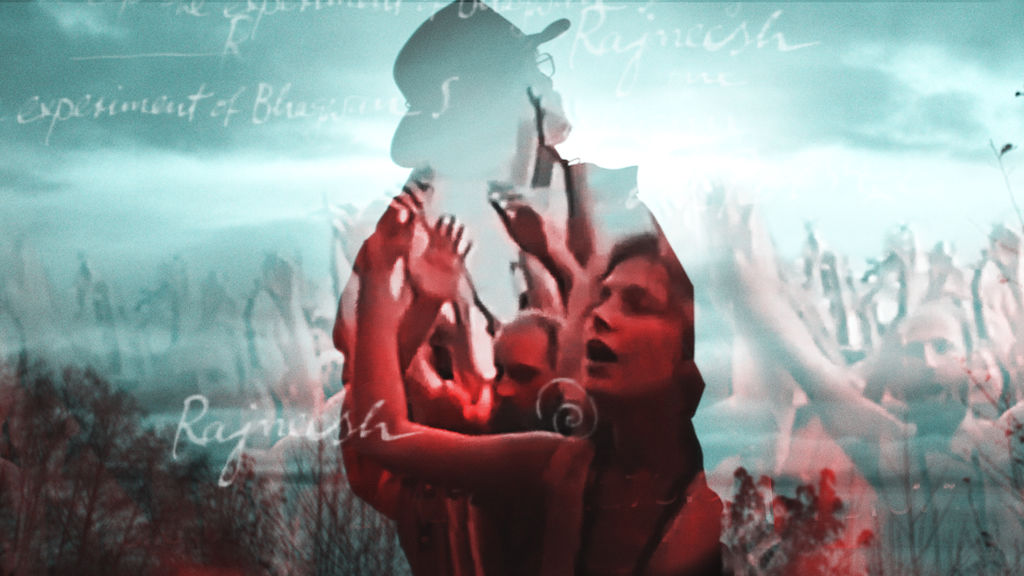
On the documentary side, however, the issue is somewhat murkier...



